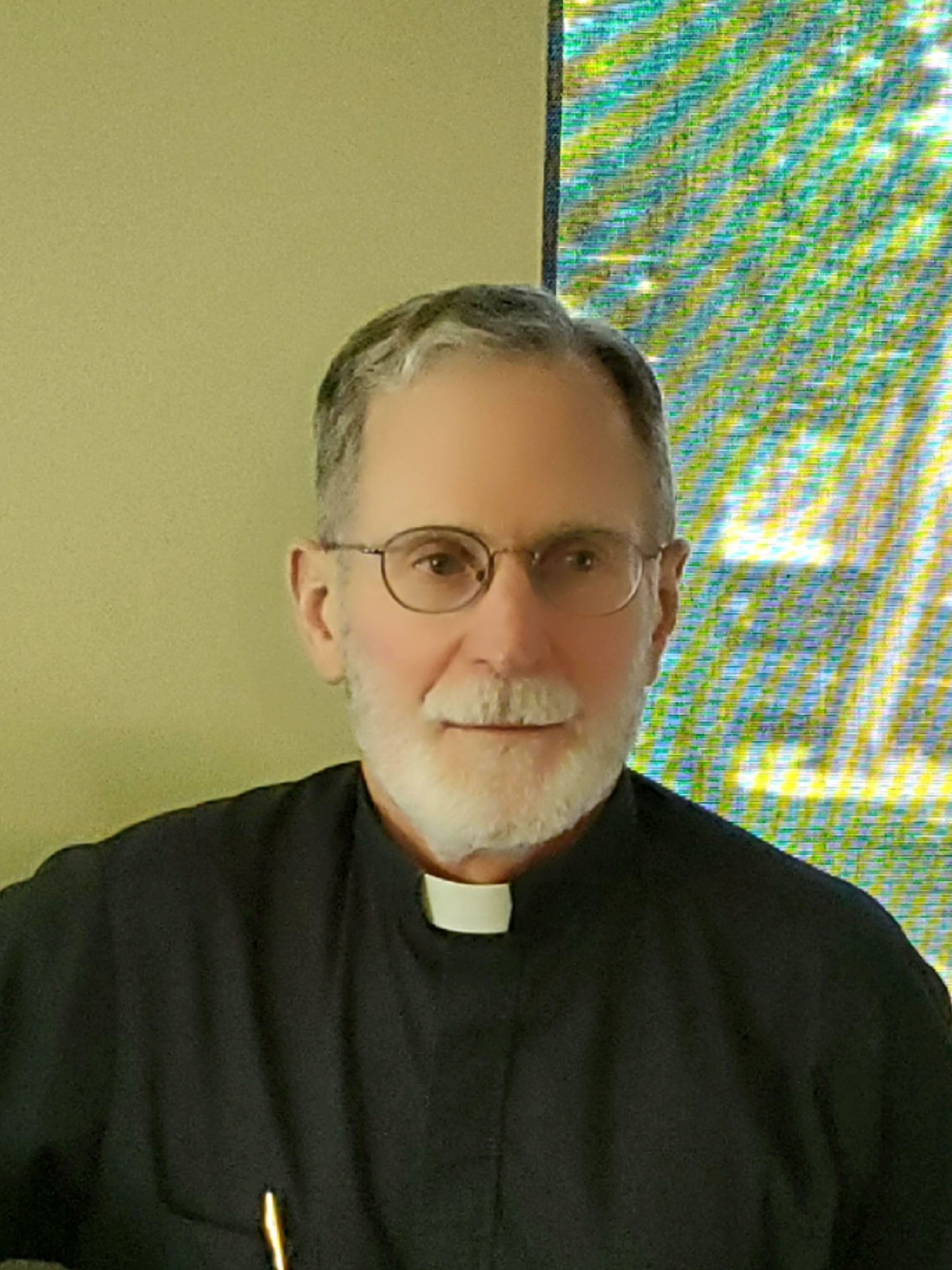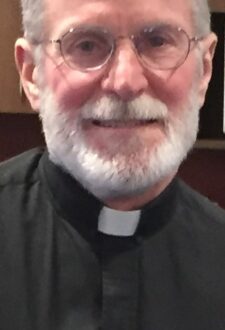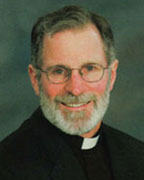Homily, October 30, 2022

From The Pastor
By every measure, our Parish Mission was highly successful. I am happy to report eighty to one hundred people were present each night to hear Father Craig Marion share his thoughtful insights. Many joined us for a reception each night and spoke energetically about each evening. Father Craig reflected with us about the past, the present, and the future as a people of faith, our parish community, and the Church at large. I appreciated his theme of hope and encouragement in these challenging times as he reflected various stories of the Church and its past. Our hope and our strength is in the Lord regardless of the trials that lean against us. Countless believers gone before us have borne the weight of every kind of trial and persisted in the promises of Christ through faith, hope, and the power of the Mass in the reception of the Holy Eucharist.
For the past, Father Craig calls us to surrender loss and hurt, trials and disappointments to the Divine mercy of Jesus and the promise of redemption. For the future, we were called to anticipate with hope the providence of God. This theme is evident in the first reading today. The author reflects beyond the boundaries of church religion to share with us both the power and the mercy of God in the Divine Essence. This is an important reality today. Our image of God is too often limited by our experience and complaints about the Church and its faults. God is not the Church and the Church is not God. God’s power is rooted in the authority of truth in the essence and nature of Divine Love. God created in the desire of Divine love. God loves all created things and loathes nothing that is made. God hates nothing he has made and is merciful to all that they may realize the disorder of sin and turn to the God who created them in goodness and love.
The power of God’s mercy invites us to realize the Divine Spirit as our deepest nature and identity in God. This nature is most evident and active only in the present. Father Craig reflected that we approach the present as a gift; a gift given freely in love. God can only be experienced in the present time. The past is a memory and the future is unknown. In the present, we are called to love in the example of Jesus who is the perfect image of the invisible God. To love serves the happiness and joy of our lives intended by God who created us for love. This is played out for us in the story of Zacchaeus.
Like many of the parables of Jesus, this story could have a very contemporary face. The story is packed with emotions of hope and longing. This hope is fulfilled in the encouragement given by Jesus in such a way that the life of Zacchaeus is forever changed. Put yourself in the story and consider how the emotions of this person may be in you. Zacchaeus wants to see Jesus. More to the point, he wants Jesus to see him. Why? It is a simple step to understand that Zacchaeus is lonely, probably isolated in his life, and regularly hearing the rejection of others, if not from his own inner voice. He wants a change. He wants to be seen for who he is, or who he could be if given the chance. He seeks relationship, acceptance, and a more valid place among others.
Jesus is keen for this. Is Zacchaeus seeking Jesus or is Jesus seeking Zacchaeus? Changing his plan of simply passing through town, Jesus stops and engages the one longing to meet him. Could this in any way reflect a desire in you? Given the times we are in, I think most of us would love more mutual support, acceptance, and deeper connections with others.
Reflecting the first reading, notice how Jesus embodies the mercy of God as he receives Zacchaeus. No comment is made about what Zacchaeus wants, where he is from, or what he wants from Jesus. Jesus knows all this because he is love incarnate. Jesus makes no mention of the source, kind, number, or degree of sin that may be weighing on Zacchaeus. He simply welcomes him with full desire, acceptance, and love. Notice the acceptance of Jesus transforms a lonely, rejected, and unhappy man into a person alive and animated to freely change and reverse his way of life. Acceptance is another word for love. Love transforms and Zacchaeus is all in. Even the complaints of the religiously righteous do not dampen his opportunity for a new life. Without being asked, he freely gives half of his wealth to the poor, and any whom he cheated will be repaid four times more.
That is conversion. That is a living encounter with the Lord Jesus who is the incarnate flesh of the living God. Even so, Jesus does very little in the scene. He invites, receives, and accepts. No speech, no confession of sin, no explanation of why, just acceptance that conveys love and brings new life.
Is anyone here interested in that? Could other people in that crowd have changed that day as they witnessed the effect of acceptance and love? Or were they stuck in their religious judgements? One way or another, many of us could be Zacchaeus. Do we similarly desire to see Jesus? Are we willing to step beyond our comfort zone and bring our desire to the Lord? Love happens in the present. In Christ, it very often happens in prayer or through the prayer we make to God. Trust God. Believe in the truth of love in the Divine essence. Act on your faith. If God wants to use another person or event to help you to be free, be prepared to accept what the good Lord desires for you.
Say a prayer for our Religious Formation group as we Commission our Catechists today.
Father John Esper
Recent Sermons

Homily, Ascension of the Lord Jesus
May 13, 2024

Homily, May 5, 2024
May 02, 2024

Homily, April 28, 2024
April 23, 2024

